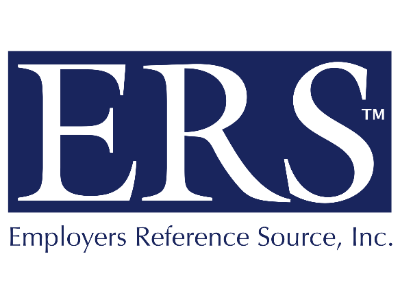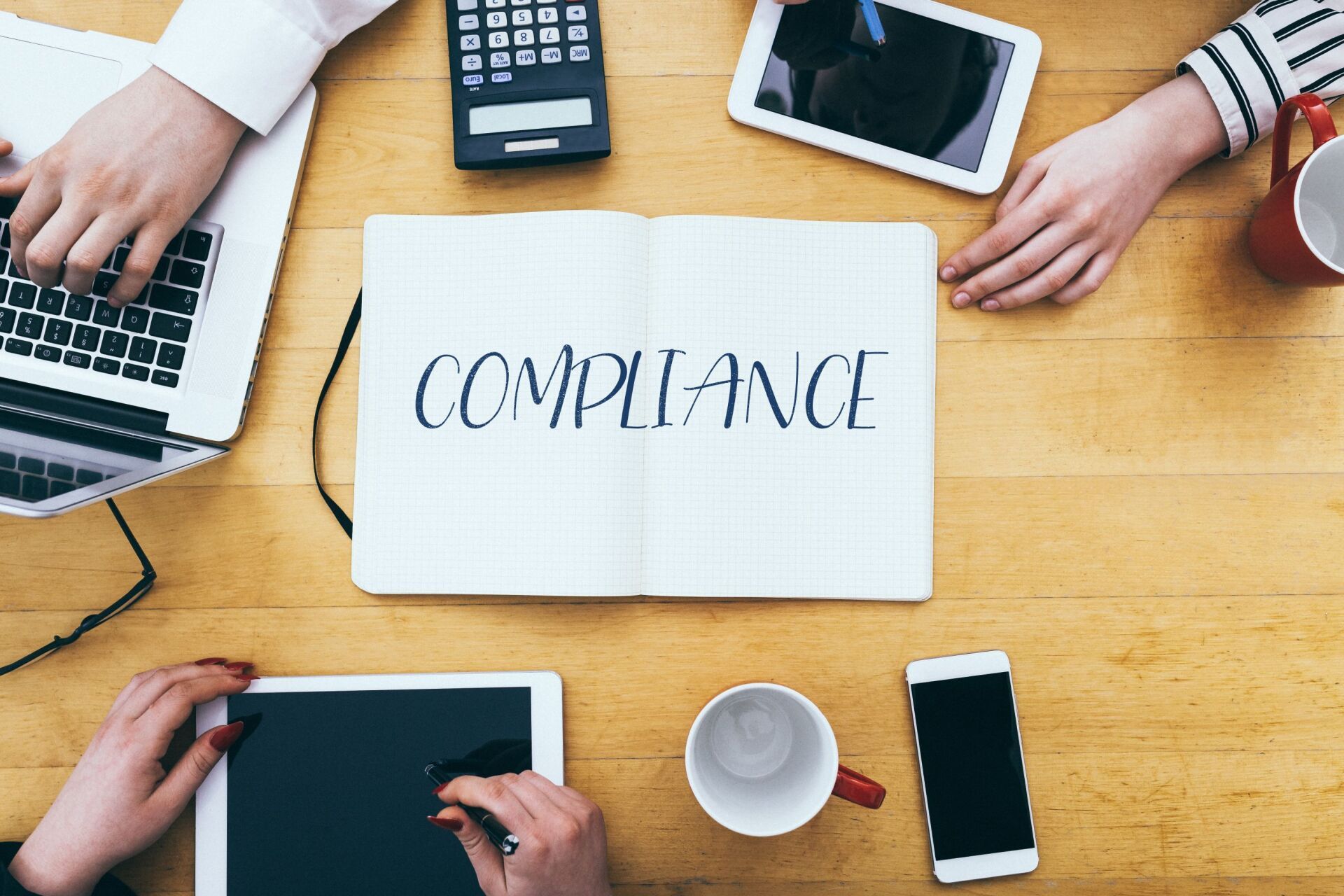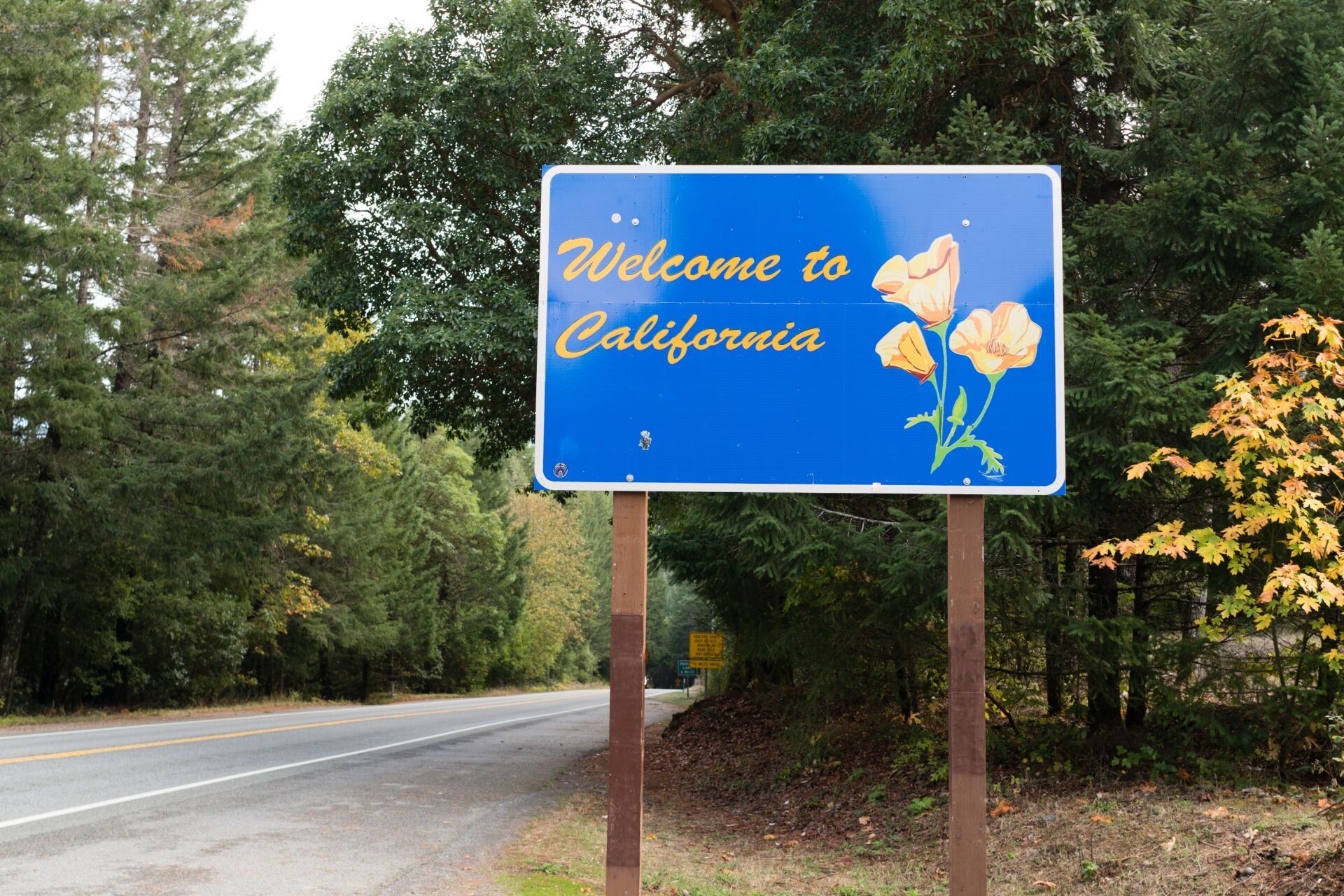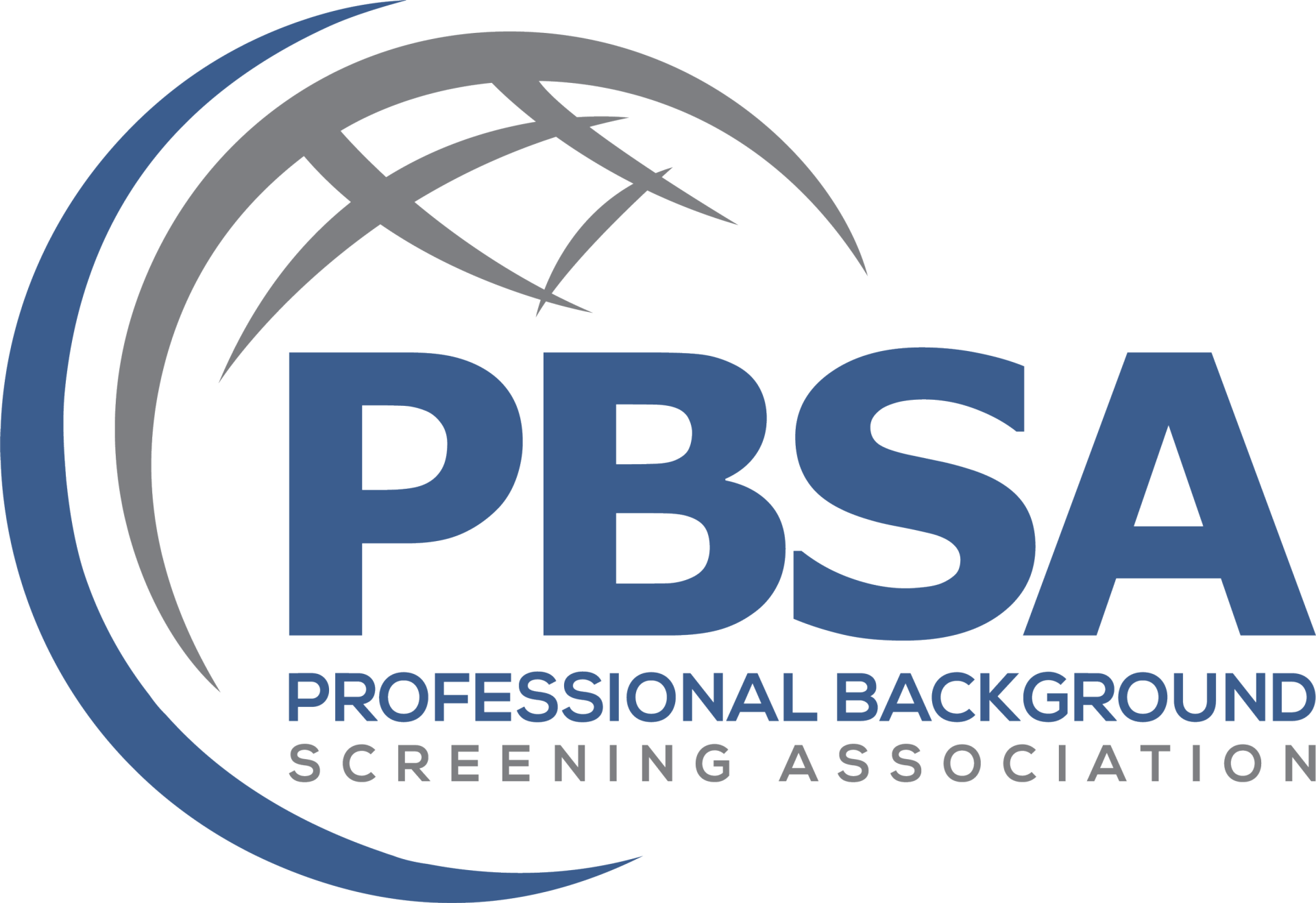How “Clean Slate” Laws Affect Criminal Background Checks
Colorado recently became the seventh state to sign a "Clean Slate" bill into law. While the details vary from state to state, the essence of "Clean Slate" laws is that some information which would otherwise appear on a criminal record background check will not be available. This is typically done by sealing or expunging (completely erasing) records.
What Is a Criminal Background Check?
Criminal record screenings check potential or current employees for evidence of past criminal history, typically convictions, incarcerations, and sex offender status, though the specifics of what may be collected and how far back a search may go vary by jurisdiction. Federal, state, and local legislation dictates how and when it may be collected and used in making employment decisions.
What Does "Clean Slate" Mean?
In brief, "Clean Slate" laws enable expungement (setting aside) or sealing of some criminal records. Eligibility for these record adjustments varies by locality, but typically requires that a person has been free of convictions for a certain time period (commonly 7-10 years), and that they have not been convicted of violent or sexual crimes.
What Do Sealing and Expungement Mean?
Sealed records are generally hidden from public view, and visible only to law enforcement and a very limited group of others, such as employers who are required to perform deeper background checks for regulatory compliance. Expungement completely removes criminal information from a person's legal record, as if it never happened.
Effects of Clean Slate Laws on Employment and Background Checks
Clean Slate laws can provide better options for potential employees who are no longer a risk, but whose criminal history may restrict their opportunities. Sealed or expunged information will not appear in criminal background screenings, except in very limited circumstances, but because serious criminal history is not sealed or expunged, criminal background checks remain highly effective tools.
Which States Are "Clean Slate" States?
Currently, states with "Clean State" laws are:
- Colorado (the newest), signed into law May 31, 2022
- Connecticut — as of June 2021
- Delaware — as of November 2021
- Michigan — as of April 2021
- Oklahoma — as of May 2022
- Pennsylvania — as of June 2018
- Utah — as of 2019
The eighth state may be New York, where Clean Slate legislation awaits passage by the State Assembly before being signed by the Governor.
At Employers Reference Source, Inc., our criminal record screenings are performed in full compliance with federal, state, and local legislation, ensuring our customers receive accurate, actionable results. Contact us today to learn more about all of our employment and hiring solutions.










